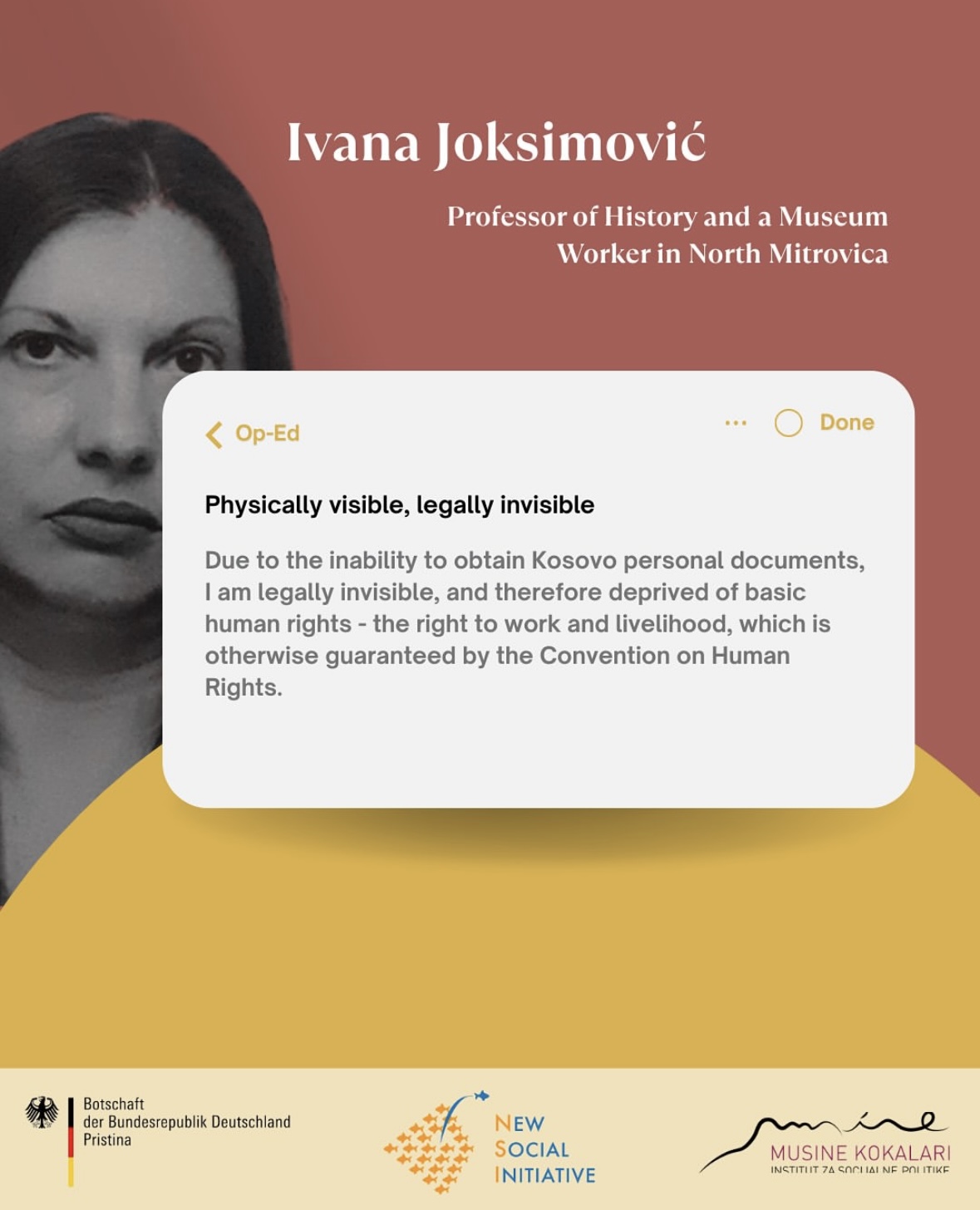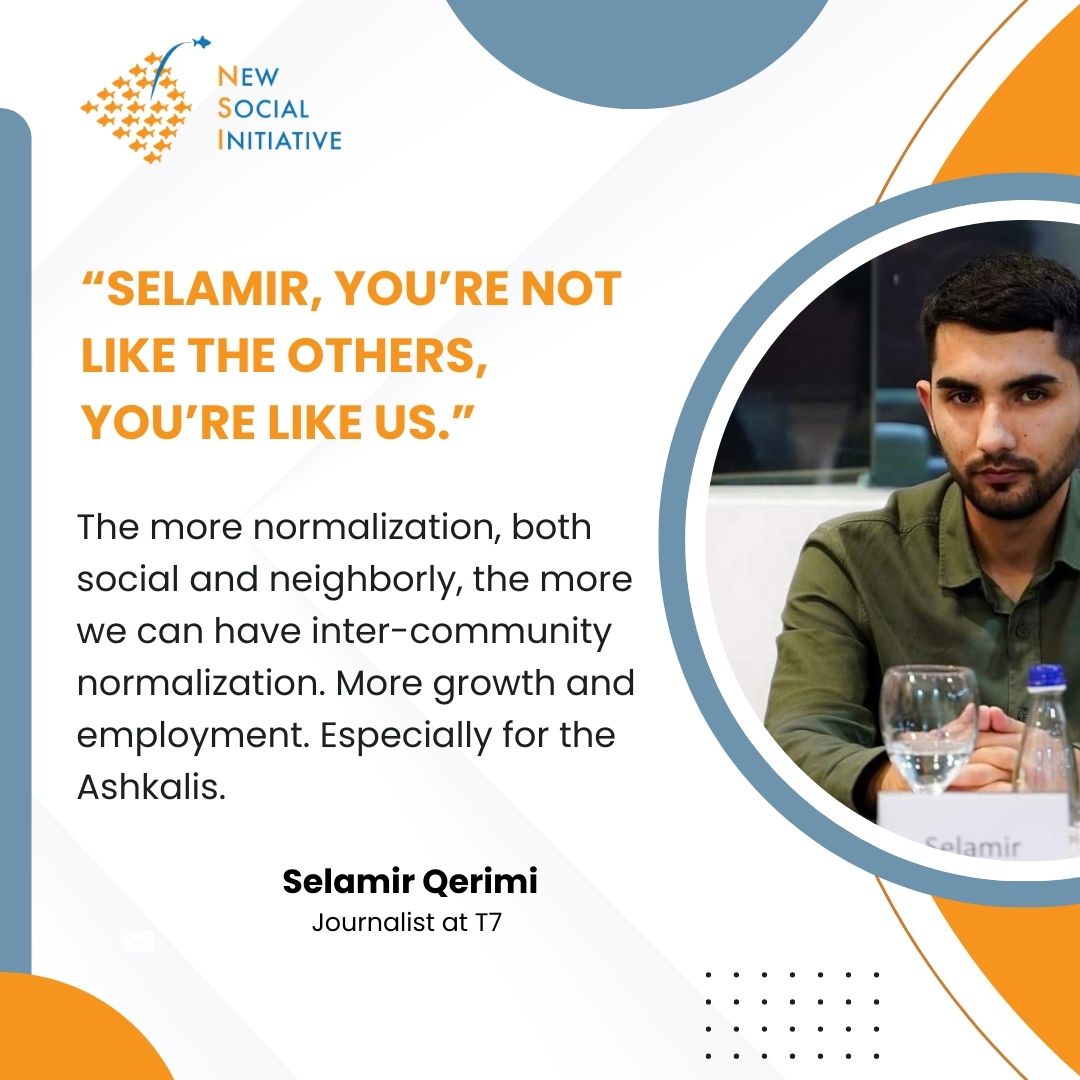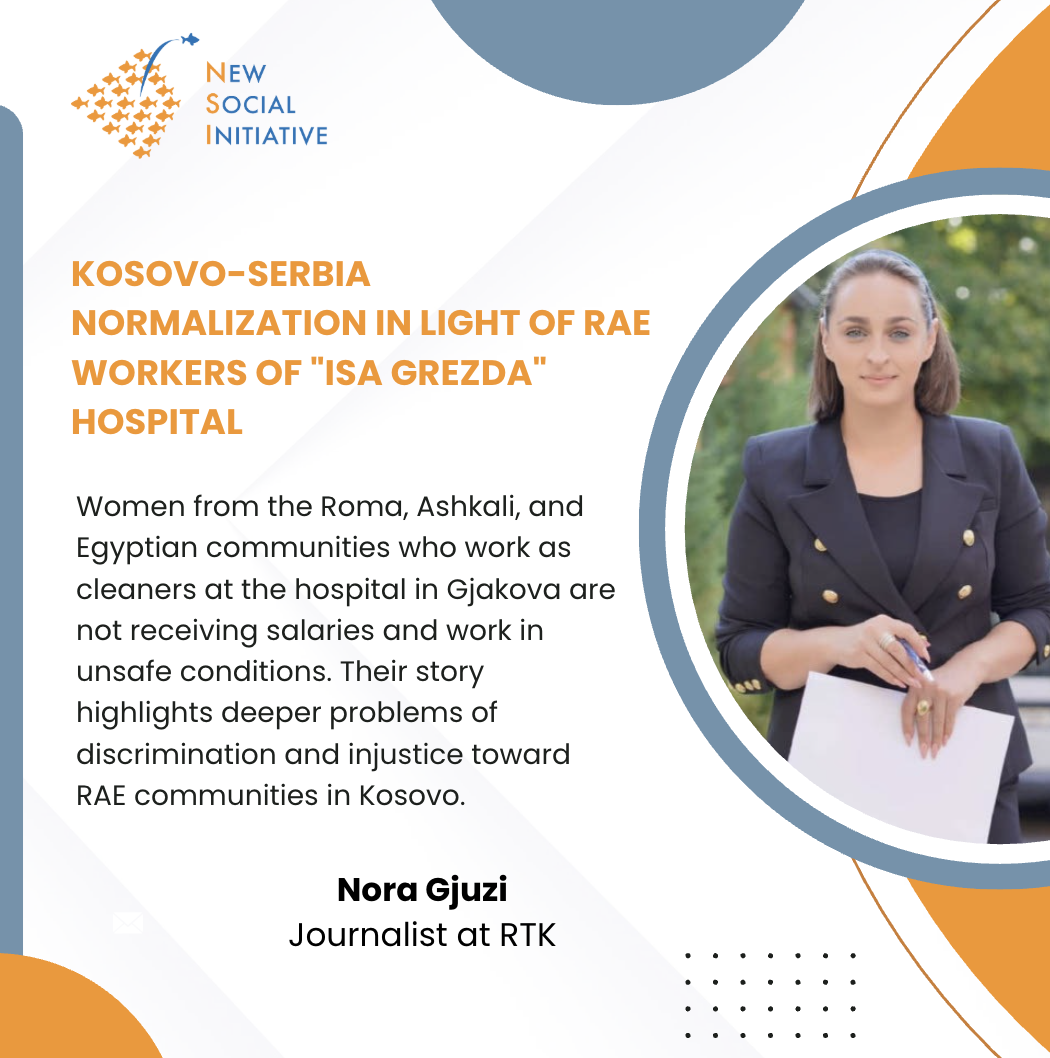For over two years now the Brussels Dialogue has been in the shambles, and against this backdrop, there was a lot of anticipation from the June 27 summit between Presidents Thaçi and Vučić in Washington D.C. The expectations in Kosovo were especially high because of a close to a decade of ‘kicking the can down the road’ approach of the EU-led efforts for normalization of relations between Kosovo and Serbia. While some of the agreements from the Brussels Dialogue have undoubtedly and positively improved the everyday life of the citizens, the process overlooked key issues at the center of the dispute between the two countries. Unlike the EU, the U.S. has explicitly stated that normalization means mutual recognition.
However, the summit never took place, and it is now a matter of speculation if it would have led to any breakthrough or build a necessary momentum that would have potentially lead to some form of acceptance of Kosovo’s status on the part of Serbia, which is also what former German Foreign Minister Sigmar Gabriel said in 2018. The summit failed because on June 24, the Specialist Prosecutor’s Office decided to go public with the news that it had filed two months ago, on April 24, a ten-count Indictment for the consideration of the Kosovo Specialist Chambers (KSC) against President of Kosovo Mr. Hashim Thaçi and leader of the Kosovo Democratic Party (PDK) and former Speaker of the Kosovo Assembly Mr. Kadri Veseli, for crimes against humanity and war crimes.
According to the announcement the “Specialist Prosecutor has deemed it necessary to issue this public notice of charges because of repeated efforts by Hashim Thaçi and Kadri Veseli to obstruct and undermine the work of the KSC.” Furthermore, the announcement talks about “a secret campaign to overturn the law creating the Court,” which raises an important question: When did the Specialist Prosecutor became aware of the alleged “secret campaign”? To call it a campaign, it implies it had been happening for some time, so why not make the announcement earlier or already on April 24 but wait until President Thaçi was on his way to the U.S. Some in Kosovo have perceived this as a sinister plan not only to prevent the meeting on July 27 but also to embarrass both the Kosovo’s leadership as well as the U.S. and in particular Ambassador Grenell.
The timing of the announcement has generated passionate reactions and debates in Kosovo and has arguably opened the Court and the process to criticism for politicization. Some have questioned the motive behind the timing of the announcement, including if it was a politically calculated move to deliberately sabotage the June 27 meeting as well as the mediating efforts between Kosovo and Serbia on the part of the U.S. The discussion on this aspect have implied some kind of a ‘turf war’ between the US and the EU, with the latter supposedly unhappy that the U.S. would be the one potentially bringing some kind of a change to the existing status-quo. Local media in Kosovo have reported High Representative Borrell as saying that the EU would not be a global actor if it cannot resolve the Kosovo issue.
The EU’s approach towards the Balkans being sometimes a contentious issue in transatlantic relations is not new. Marc Weller, one of the experts who attended the Rambouillet peace conference, explains that “the choice of a French chateau for the talks, rather than a US airbase in Ohio, was intended to symbolize the ability of the Europeans to sort out their own backyard.”[1] However, the challenges that the EU had in the 1990s in dealing with the region, mainly the lack of a coherent approach and ability to speak with one voice, persist today, particularly in relation to Kosovo.
Reading through the public statements of the Kosovo leadership, it seems that what became clear, especially after the European Commission effectively lost control of the dialogue, is that for some a change in the status-quo in the Kosovo-Serbia relation was not – to say the least – a priority that they would be willing to invest political capital to achieve. In other words, some power players in the EU, are neither willing to truly create the necessary pressure to resolve the Kosovo issue nor do they want others to do it.
The fact that Kosovo citizens continue for over a decade now to be the only ones left out of the visa liberalization process, despite confirmations on the part of the European Commission that all conditions have been, is an important testament not only of the priority level of Kosovo in the EU but also how the country is essentially viewed by some member States. The irony of the situation is that the KSC is essentially a Kosovo institution – funded by the EU and operating in Hague/Netherlands outside any influence from Kosovo – yet the main reason cited for the continuation of isolation is rule of law. Senior officials from the EU as well as Member States, had insisted that the approval of the law for the KCS presented a fundamental condition for visa liberalization, and this was a very important motivation for many members of the Kosovo Assembly as well as government that supported the creation of the KCS.
Perceptions of political calculations in the work of the judiciary can never be a good sign for justice or rule of law, even if they are only perceptions. The timing of the announcement has inadvertently done some damage to the credibility of the institution of the Kosovo Specialist Chambers and Specialist Prosecutor’s Office. Consequently, the debates on the announcement have focused on everything else but the alleged victims in the filed indictment. This is not right, and it is a disservice to justice.
[1] Marc Weller (1999) ‘The Rambouillet Conference on Kosovo’ International Affairs, 75 (2), pp. 211-251










